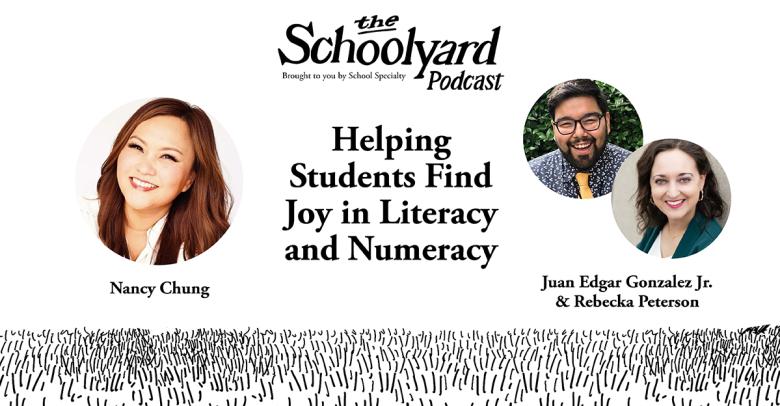Developing your instructional process and helping students to develop literacy skills can seem overwhelming. However, the concepts and practices that allow students to engage with textbooks and in-class readings are the same ones being used in language and literature classes. The key is in shifting the focus from strictly reading-to-learn to include the process of learning to read strategically.
Why is Content Area Literacy Important?
Participating in consistent literacy skill-building across the content areas is an incredibly effective way for students to develop deeper strategies for engaging in reading. Whether students are working through a piece of fiction or non-fiction reading or writing, key literacy skills are being used, regardless of whether they are being developed to their full potential.
Content area reading is important because it allows students to intentionally utilize and hone literacy skills throughout the school day rather than just during language or literature-focused class time.
Challenges of Incorporating Content Area Reading

Introducing more reading to a secondary content area is a great start, but in order to give students the most efficient literacy skill-building experience, it’s important to align concepts and skills with what is being taught in their language and literature classes.
The challenge lies in not only adding more opportunities to read but also more strategic ways to engage in and discuss reading and writing assignments.
Benefits of Increasing Content Area Literacy
When given the time and attention they deserve, literacy skills benefit students in a variety of ways. They can have an impact on just about every possible subject. Here are just a few ways teachers have found content area literacy benefitted their students:
- Improved discussion skills
- More opportunities for collaboration
- Strategic problem-solving
- Enhanced research and citation skills
Tips for Successfully Incorporating Content Area Reading
Creating opportunities for students to engage with literacy skills across content areas starts with looking at how reading and writing concepts fit naturally. Once you’ve found where reading and writing skills are already being used, create projects that focus on using those skills.
For example, perhaps your history class concept for the week includes the study of a specific historical figure. Have students compile, write about, and present research on specific aspects of the historical figure’s background. In this example, students would be able to develop their questioning, research, citation, and summarizing skills.
Creating the Right Reading Assignments
Creating the right assignments doesn’t have to be difficult, as much as it requires a bit of creativity. It’s important to think not only of the end result of a project, e.g., knowing who a specific historical figure is for the next test. It’s also about what literacy skills can be developed during the process of completing the project.
Connecting the project goals and highlighted literacy skills with what’s being covered in literacy-focused classes will help students more quickly grasp what’s expected. It’s key to use the same concept labels as those being taught in the language and literature classes, as well. It cuts down on time spent explaining what’s expected and allows students to move forward.
Reading-Focused Games to Improve Literacy
Engaging Students in Useful Content Reading Discussion
Discussing and collaborating during and after the reading assignment can be beneficial in helping students develop skills. It allows them to activate and connect to background knowledge, questioning, visualizing, inferring, and determining importance. Creating the right environment and opportunities for discussion may both encourage students to read deeper and offer alternative perspectives to consider.
More Ideas for Improving Student Literacy
Incorporating more reading and writing assignments across the content areas takes time and effort. But effective reading and literacy skills are critical for success in today’s schools. For more to inspire your readers and writers, stop by the Reading & Literacy category on the Schoolyard blog!






Leave a Reply